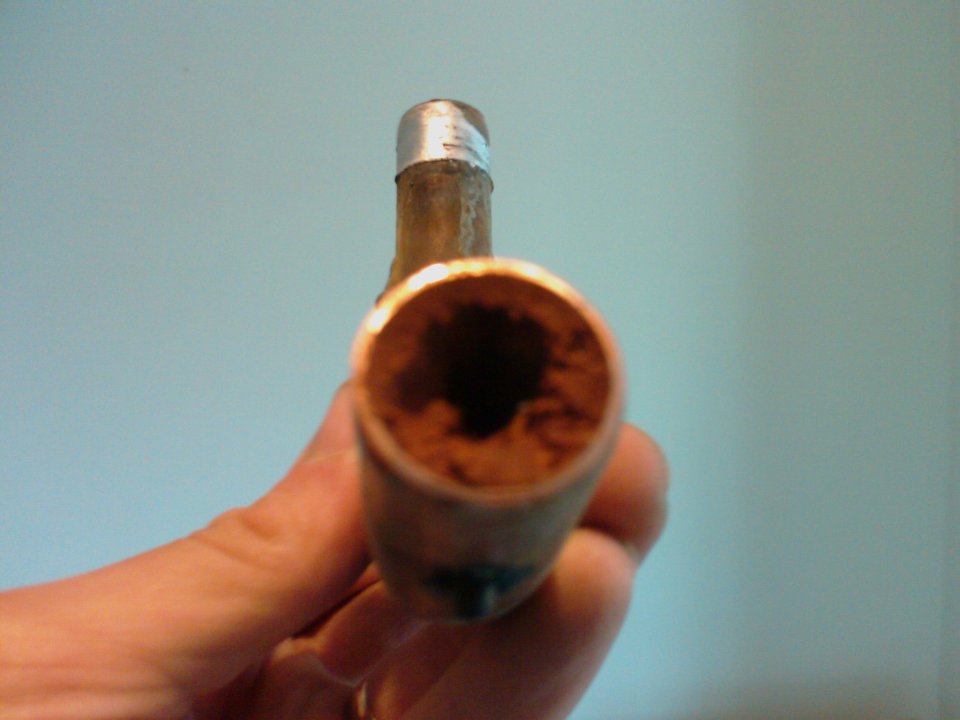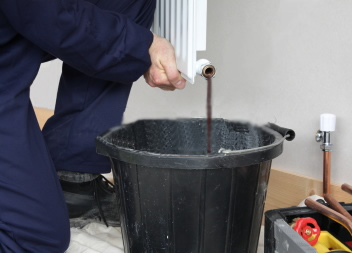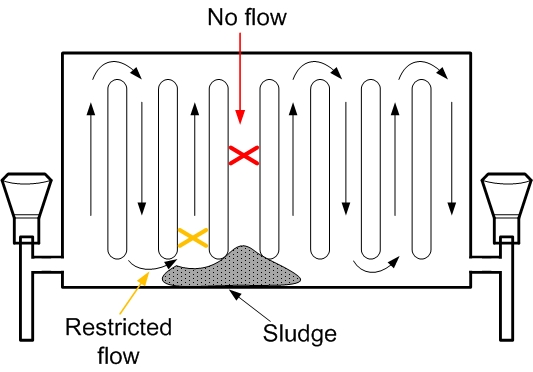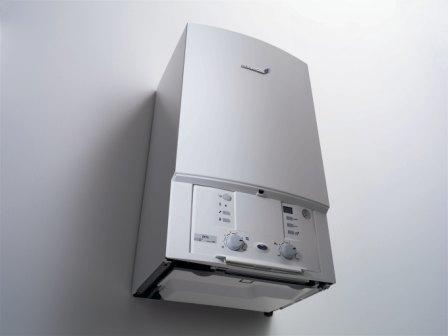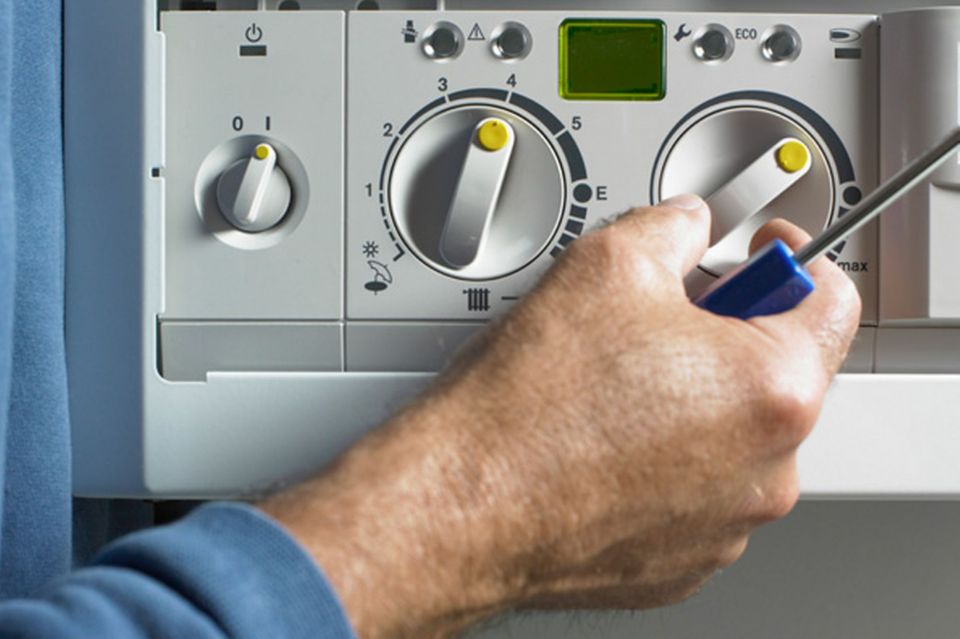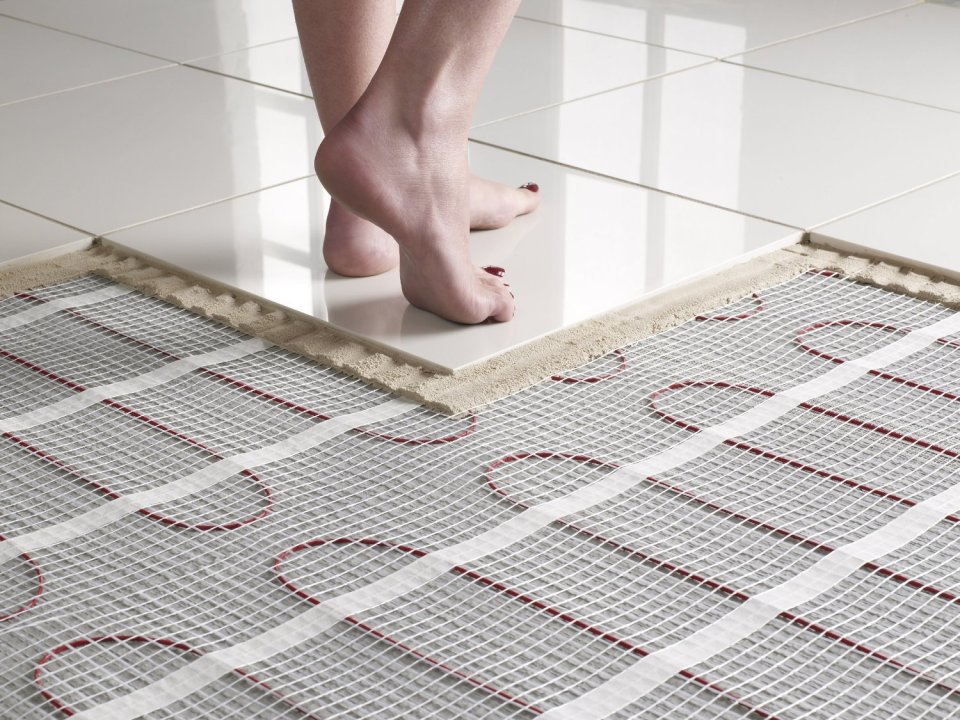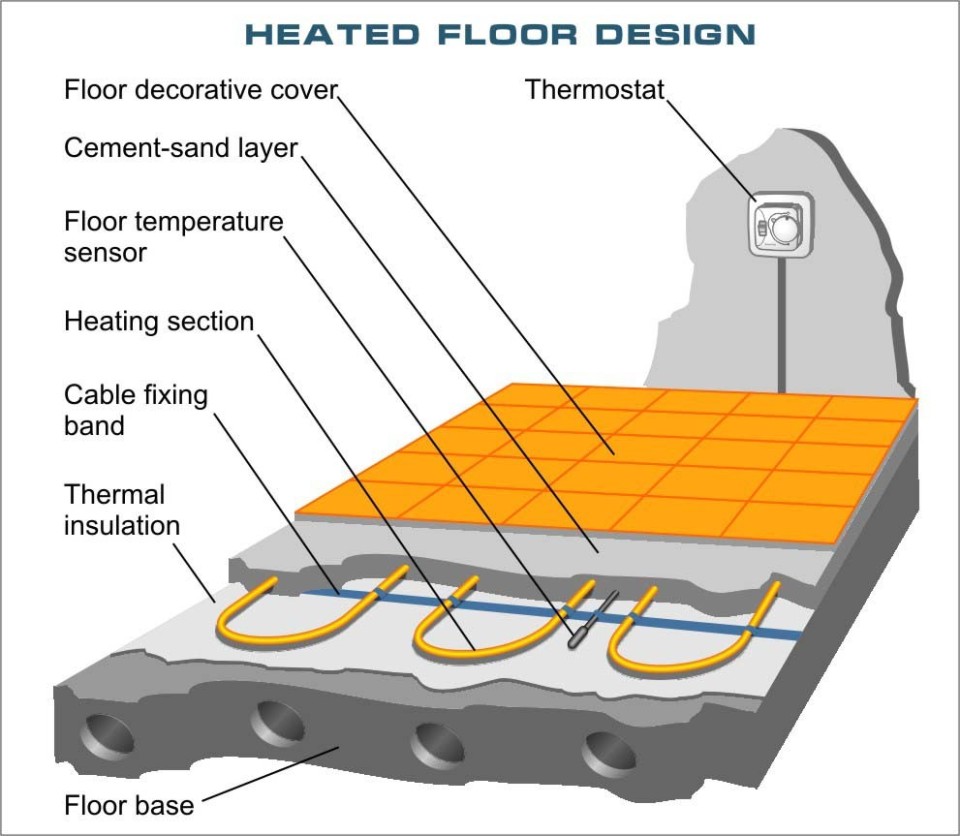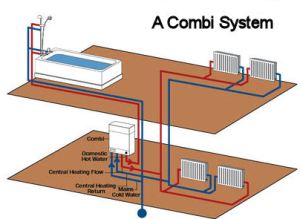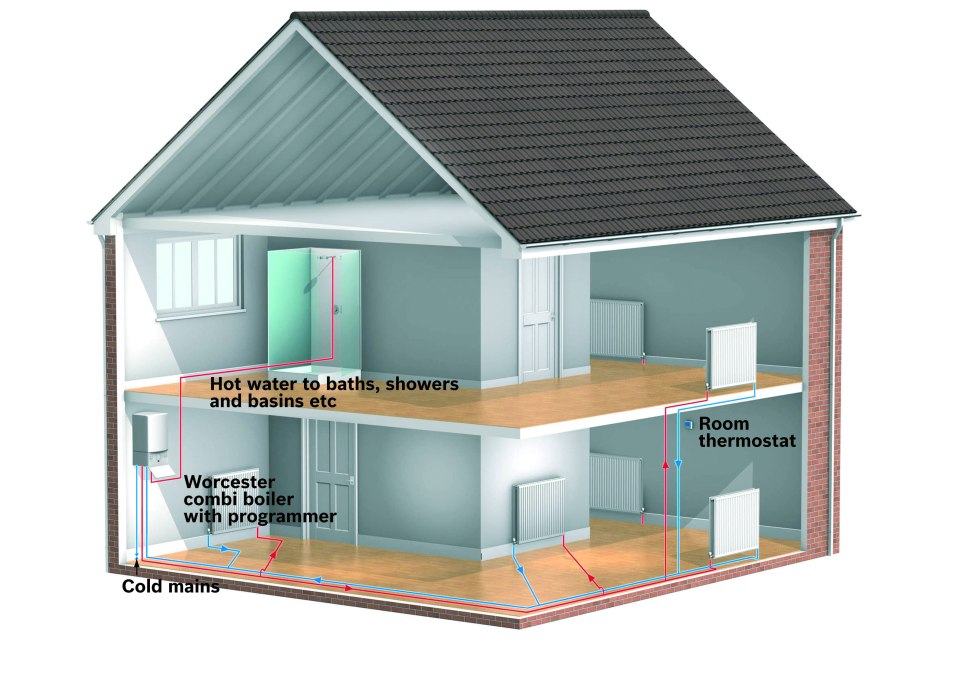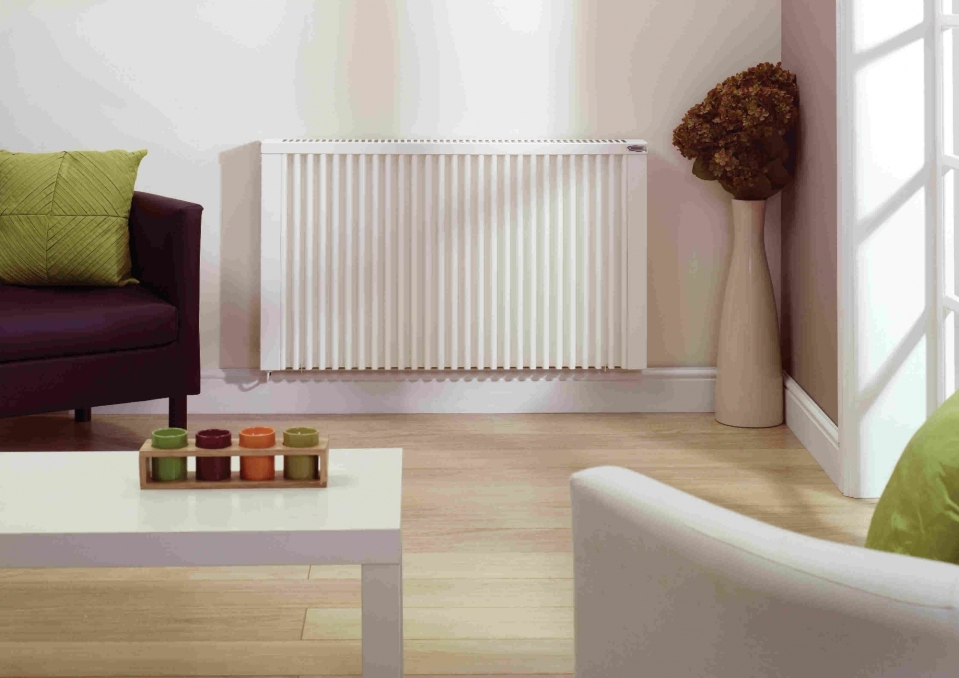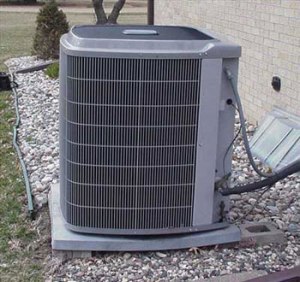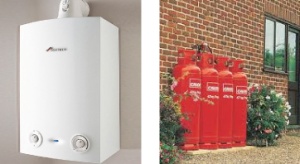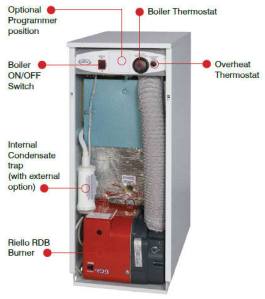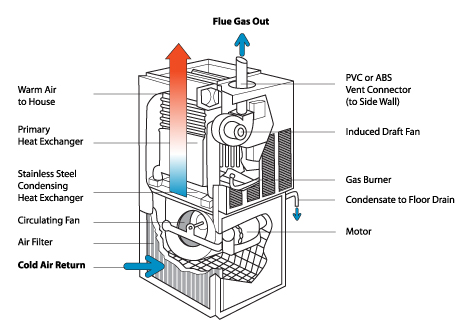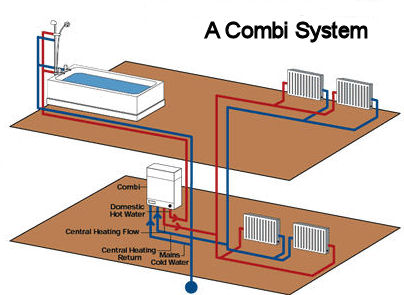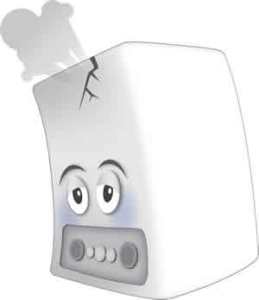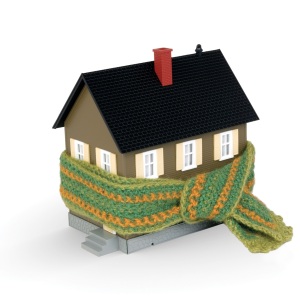Generally weaker heating systems are experienced during the colder months of the year and as the previous winters were pretty cold, you may be thinking to let go of your boiler and replace it with a new one.
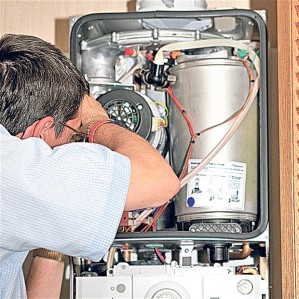
How do you actually make the decision on what boiler to buy? Well before you settle on a decision there are a few questions you need to ask yourself in order to go ahead.
What kind of heating system do I have in my house?
Do I need to replace the whole heating system or just the boiler?
Will I be needing a floor mounted or wall mounted boiler?
What size of boiler would I be needing?
Would it be better to move the boiler to a new place?
Who should I contact to get my new boiler fixed?
Would I be eligible for a boiler replacement through the ECO grant?
You might be thinking these are a lot of questions but unfortunately all of them are important and all need to be answered to assure that your new boiler is suited to your household needs.
So where do you start? The best would be to start from the end of the list.
The government of UK has taken a bold step to help you get a new boiler through ECO grant scheme under which you will not have to pay anything and yet successfully become the owner of a new, more efficient boiler
Do I qualify for an ECO Grant?
ECO is the abbreviation for Energy Companies Obligation, it was introduced as an initiative to reduce UK’s energy consumption and to support people of UK who are living in fuel poverty. This government initiative helps in the installation of Energy efficient heating systems. It is so important that the Government decided to subsidize this program of theirs to provide improvements to certain groups of people residing in the UK.
ECO Eligibility Criteria
In order to be eligible for the Energy Companies Obligation someone from your household must meet the following criteria OR should stand in the following benefits and criteria’s
- State Pension Credit?
- Child Tax Credits and have a household income of less than £15,860?
- Income – related employment and support allowance
- Working Tax Credit and has a relevant income of £15,860 or less
- Income Support OR income-based job seeker’s allowance
- Live in a government chosen postcode
If you don’t meet any of the above criteria, you could still qualify for free insulation, if you live in a government chosen postcode. Simply register your interest to find out if you do.
After checking whether you qualify for an ECO grant or not, the next step will be to find a reliable source for fitting the boiler.
Finding a reliable source for boiler fitting
When you deal with central heating systems especially gas you have to contact a Gas Safe Registered heating company to meet all the safety requirements. Using a non-Gas Safe registered installer could put your life at risk but in most cases, this will also invalidate your home insurance.
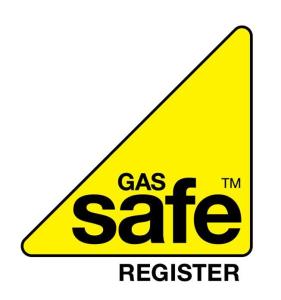
Gas Safe registered engineers assure you that your new boiler is safely installed at your residence and is safe for your family as well.
After you have your boiler fitted next comes the other questions, which your heating engineers will be able to answer or otherwise they can guide you through the rest of the process
Do I need to replace the whole heating system or just the boiler?
Your gas safe registered installer can brief you on the capacity of your current boiler system what options are available for a better and energy efficient heating experience.
Will I be needing a floor mounted or wall mounted boiler?
Most modern boilers usually come either floor mounted or wall mounted, again your installer will better guide you through in this regard for an efficient heating experience for a long run.
Would it be better to move the boiler to a new place?
A wall mounted boiler works best when installed on an external wall, if this is unsuitable you can then further discuss this matter with your gas engineer for better heating.
This is just a brief review of what you need to do whilst getting a new boiler installed, your Gas Safe registered engineer will better guide you through what is most suitable for your residence.


